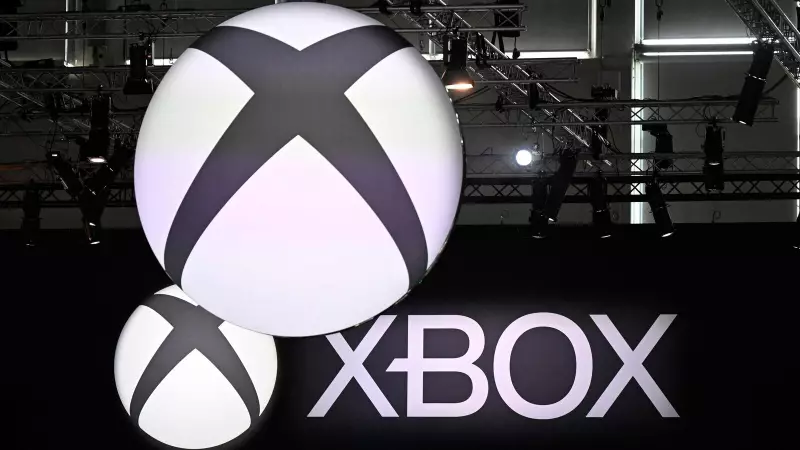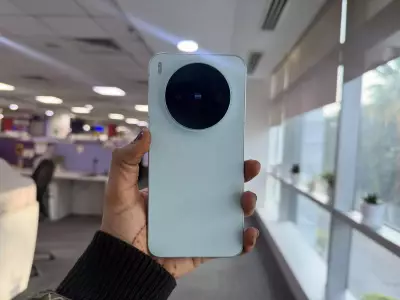
The gaming landscape might be on the verge of its most significant transformation in decades, as Microsoft reportedly considers turning its next Xbox into something that closely resembles a personal computer. This radical shift could fundamentally change how we think about console gaming.
The PC-Inspired Vision
Industry insiders suggest Microsoft is exploring a modular approach for its next gaming console. Unlike traditional consoles with fixed hardware, this new Xbox could feature upgradable components similar to PC gaming rigs. Imagine being able to swap out your graphics card or increase RAM without buying an entirely new system.
Windows Integration and Cross-Platform Play
The potential integration with Windows operating system represents one of the most exciting possibilities. This could mean:
- Seamless game library sharing between Xbox and PC platforms
- Universal game purchases that work across all Microsoft platforms
- Enhanced backward compatibility with older Xbox titles
- PC-style customization options for performance tuning
Why This Change Matters
Traditional console generations have followed a predictable pattern: new hardware releases every 5-7 years with complete ecosystem resets. A PC-like approach could create a more continuous upgrade path, allowing gamers to enhance their systems incrementally rather than starting fresh with each generation.
The Competitive Advantage
This strategy could give Microsoft a significant edge in the ongoing console wars. By bridging the gap between console convenience and PC flexibility, they might attract both casual gamers who prefer plug-and-play simplicity and hardcore enthusiasts who crave customization and power.
Potential Challenges
However, this revolutionary approach isn't without potential hurdles:
- Pricing complexity: Modular systems might confuse consumers accustomed to fixed console prices
- Developer optimization: Game developers would need to account for varying hardware configurations
- Market fragmentation: Different hardware capabilities could create inconsistent gaming experiences
The Future of Gaming Ecosystems
If Microsoft proceeds with this direction, it could signal a broader industry shift toward more open, flexible gaming platforms. The lines between console, PC, and cloud gaming continue to blur, and Microsoft appears positioned to lead this convergence.
While official details remain under wraps, the gaming community is buzzing with excitement about what could be the most significant hardware evolution since the original Xbox's debut. One thing is certain: the future of gaming might look very different from what we know today.





